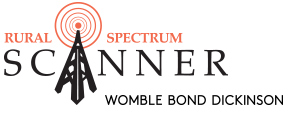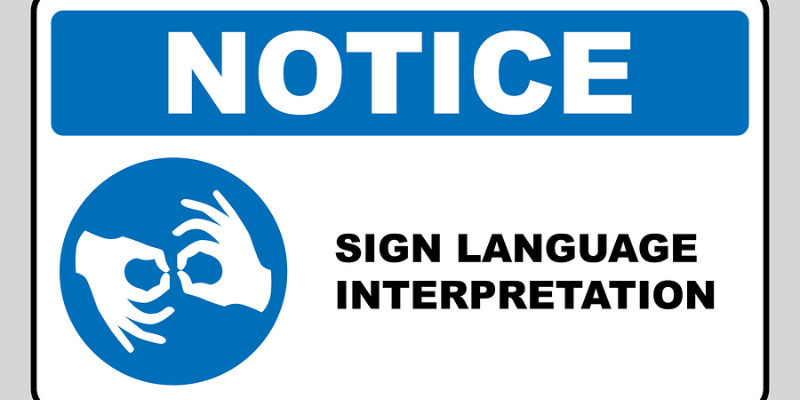The FCC has adopted new rules to improve the quality and efficiency of video relay services (VRS). VRS enables people with hearing and speech disabilities to make calls over broadband through intermediaries using American Sign Language and a videophone. Specifically, the new rules would: (1) allow VRS calls that require the use of legal, medical, and computer support terminology to be routed to specialized interpreters; (2) direct the FCC to begin publishing VRS carriers’ speed-of-response histories to help consumers comparison shop among providers; (3) make video phone numbers available to hearing people who know American Sign Language so they can have video calls with deaf consumers; and (4) create a pilot program for VRS calls to be handled from home-based work stations under strict quality and confidentiality requirements. The FCC has also adopted a Further Notice of Proposed Rulemaking that proposes: (1) a four-year plan for VRS provider compensation rates; (2) a more efficient means for routing VRS and video calls; and (3) an authorization for business and government customer support centers to enter phone numbers in the separate telecommunications relay service numbering directory to allow VRS users to communicate directly in sign language with representatives in these centers. These changes address requests from VRS users for improved relay services that are functionally equivalent to those available for hearing individuals.
Wednesday, July 2, 2025
Womble Bond Dickinson,” the “law firm” or the “firm” refers to the network of member firms of Womble Bond Dickinson (International) Limited, consisting of Womble Bond Dickinson (UK) LLP and Womble Bond Dickinson (US) LLP. Each of Womble Bond Dickinson (UK) LLP and Womble Bond Dickinson (US) LLP is a separate legal entity operating as an independent law firm. Womble Bond Dickinson (International) Limited does not practice law. Please see www.womblebonddickinson.com/us/legal-notices for further details.
© Womble Bond Dickinson (US) LLP








